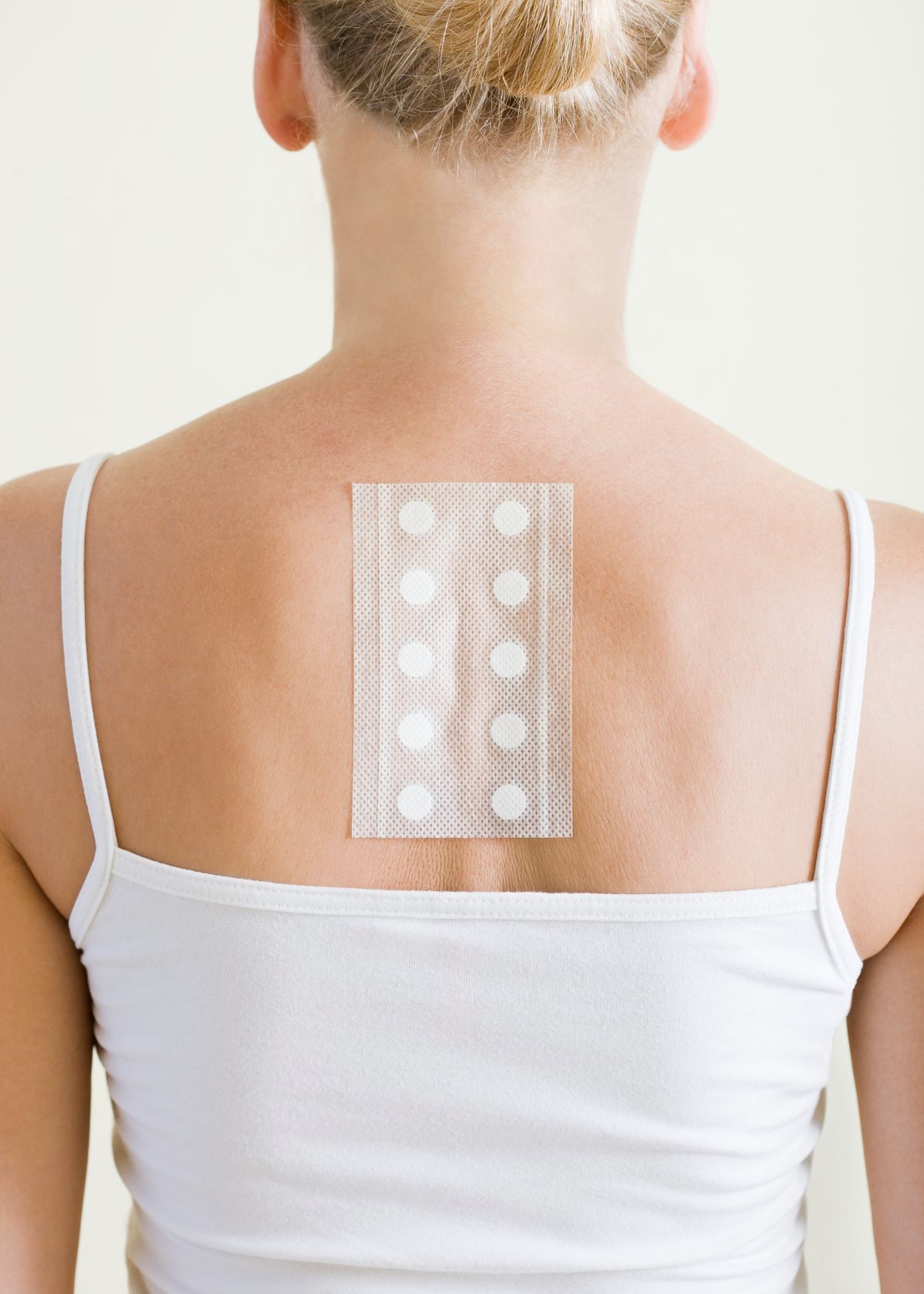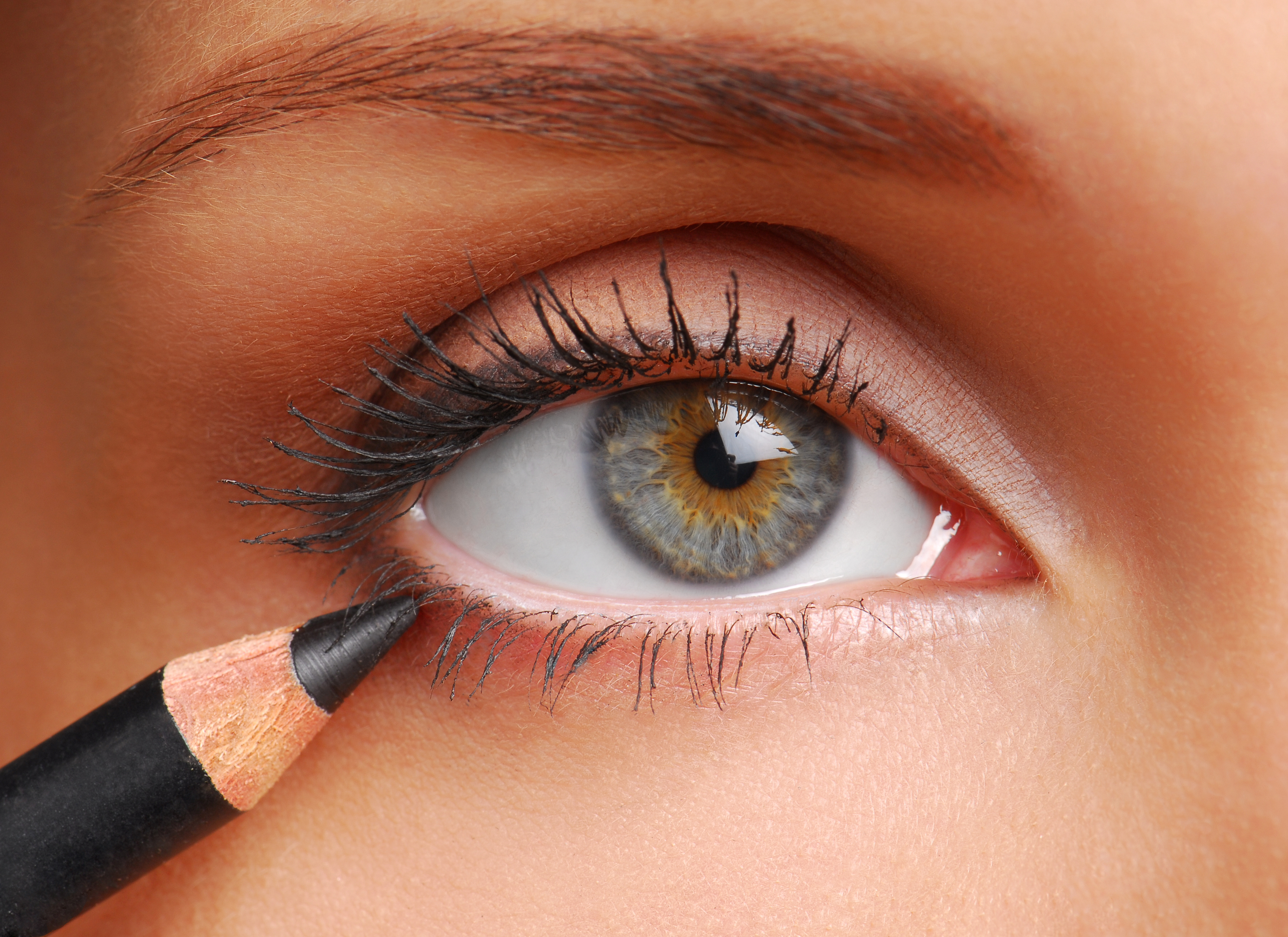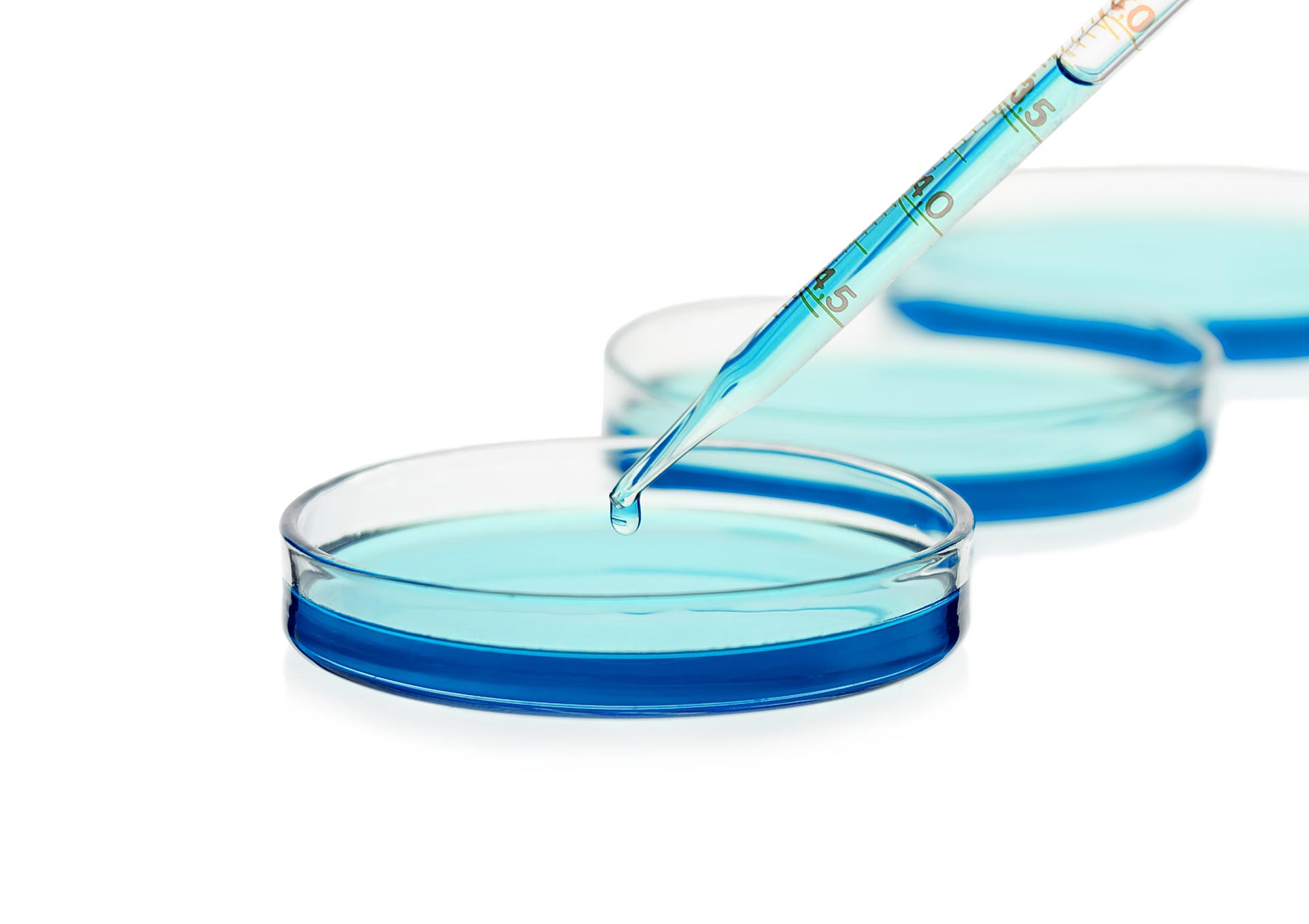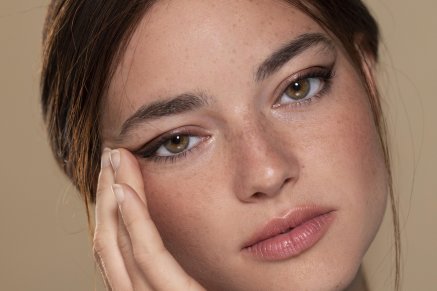HOW TO KNOW IF A COSMETIC PRODUCT IS SAFE?

The European regulation obliges to ensure that cosmetic products do not have any risk to human health. But do you know how cosmetic manufacturers make sure their products are safe?
We clarify it for you:
It is widely known that, in Europe, cosmetic products can’t be tested on animals. The alternative for some safety controls is to test on humans :P These are 2 safety tests that are carried out to check the products which are applied on the skin and on the eyes:
Dermatological test
This test is carried out on a group control, that is, a group of volunteers that apply the product on themselves.
The product is applied on the skin, and it is covered with a patch (the technical name is “Finn chamber”) during 48 hours. A specialist analyses the cutaneous reaction after 15 minutes, after 1 hour, and 24 hours after removing the patch.
The specialist makes an evaluation of the product according to the observed results. If the evaluation is “Good” or “Very good”, then the product is considered “dermatologically tested”.
All our formulations are dermatologically tested.

Ophthalmological test
It is also carried out on a group control.
The volunteers apply the product on the eye, according to its indicated use. In our case, the product is an eyeliner or eyeshadow pencil, and it is applied on the waterline of the eye. It is applied during 3 days.
A specialist observes the volunteers at the end of each use day, and makes an evaluation. If the evaluation is “Good” or “Very good”, then the product is considered “ophthalmologically tested”.
All our formulations which are designed for eye use (eyeliner and eyeshadow pencils) are ophthalmologically tested

So we can assure that, at Jovi Cosmetics, our products are not tested on animals, but they are tested on humans.
But this is not all…
Throughout history, the use of cosmetics and the benefits that are given to them have varied, as well as fashions. The famous eyeliner from the Egyptian era was made based on lead and it is even believed that thanks to it, eye infections were prevented due to the production of nitric oxide (HNO3), that stimulates the immune system. On the other hand, to show off pale skin, cosmetics containing arsenic were used.
Today we know that heavy metals can accumulate in our skin and cause certain pathologies, that is why their concentration is limited.
In the heavy metal controls, the sample to be studied is processed with nitric acid (HNO3) and hydrogen peroxide (H2O2). The concentration of these elements is determined with a mass spectrophotometer. This analysis identifies heavy metals by their atomic mass, since it is different for each element.
Many of the heavy metals are found naturally in pigments in trace amounts, and their presence in the formulation is technically unavoidable. At JOVI Cosmetics, we analyse the concentration of heavy metals in pigments based on certificates of analysis and guarantee lower limits than:
- Arsenic (As): 2ppm
- Lead (Pb): 10 ppm
- Cadmium (Cd): 3 ppm
- Mercury (Hg): 1 ppm
- Antimony (Sb): 5ppm
- Nickel (Ni): 10 ppm
Units of measurement are ppm, parts per million. A concentration of 1ppm indicates that in an aqueous solution we would find 1mg of the substance we are studying in 1 litre of water.
And what about contamination controls?
Our products are anhydrous and reach a high temperature, therefore, according to the ISO 29621 standard, they are classified as having a low risk of microbiological contamination. Even so, microbiological tests are carried out on a regular basis to maintain the established specifications.
We control the presence of mould, yeast and bacteria such as:
- Staphylococcus aureus: One of the most widespread bacteria in the world, which causes several diseases.
- Pseudomonas aeruginosa: It is an opportunistic aerobic bacterium in humans and also in plants.
- Candida albicans: It is the type of fungus that most commonly causes yeast infections.
- Escherichia coli: A bacteria found in the intestines of people and animals. Most types of E. coli are harmless and are part of a healthy intestinal tract. However, some cause disease.

At Jovi Cosmetics, we ensure good conservation of our products by choosing and testing the best preservative system suitable for our type of formulations and packaging.
If you have any questions about all the information we have given you, do not hesitate to contact us, we will be happy to assist you ♥







